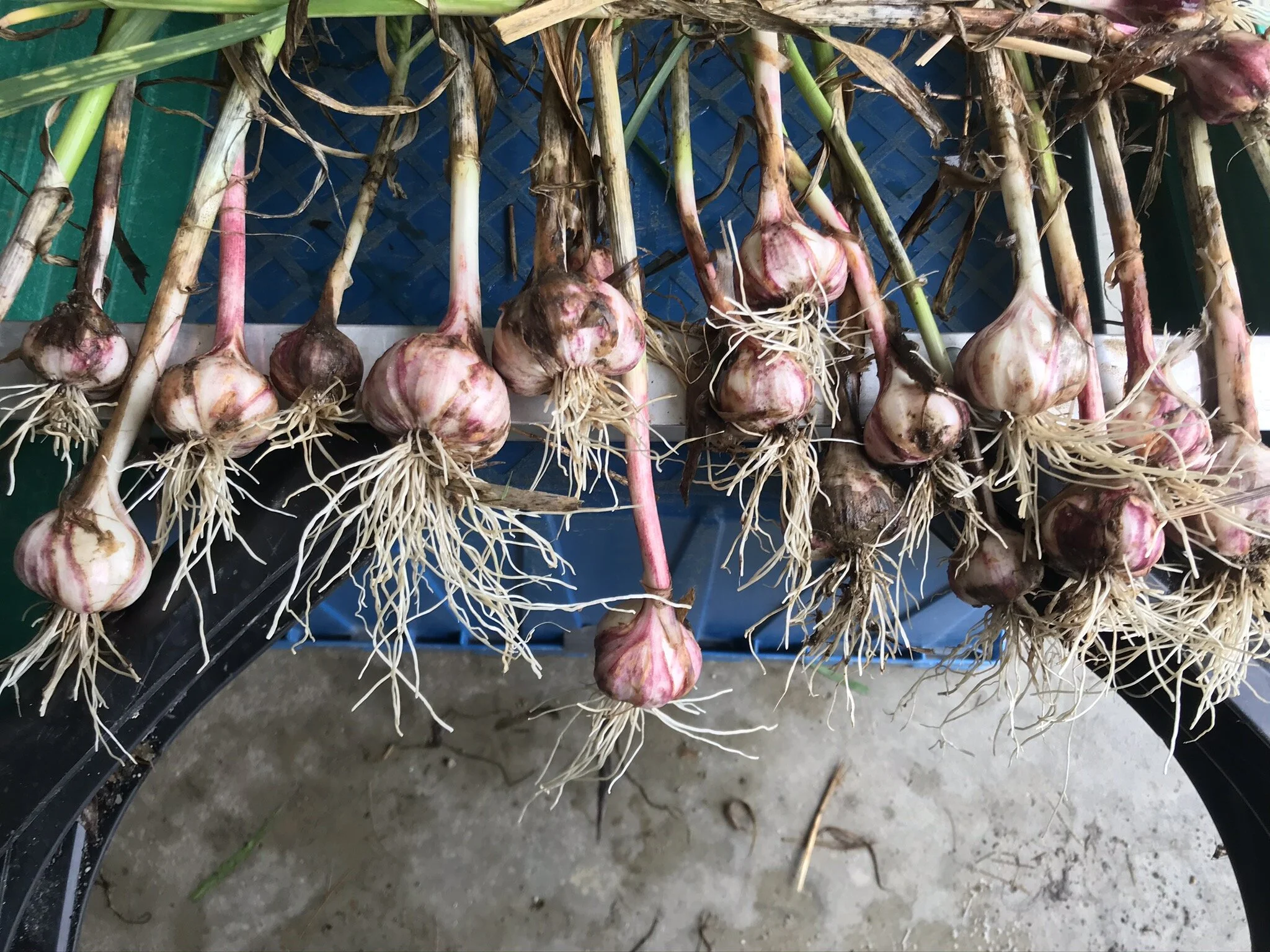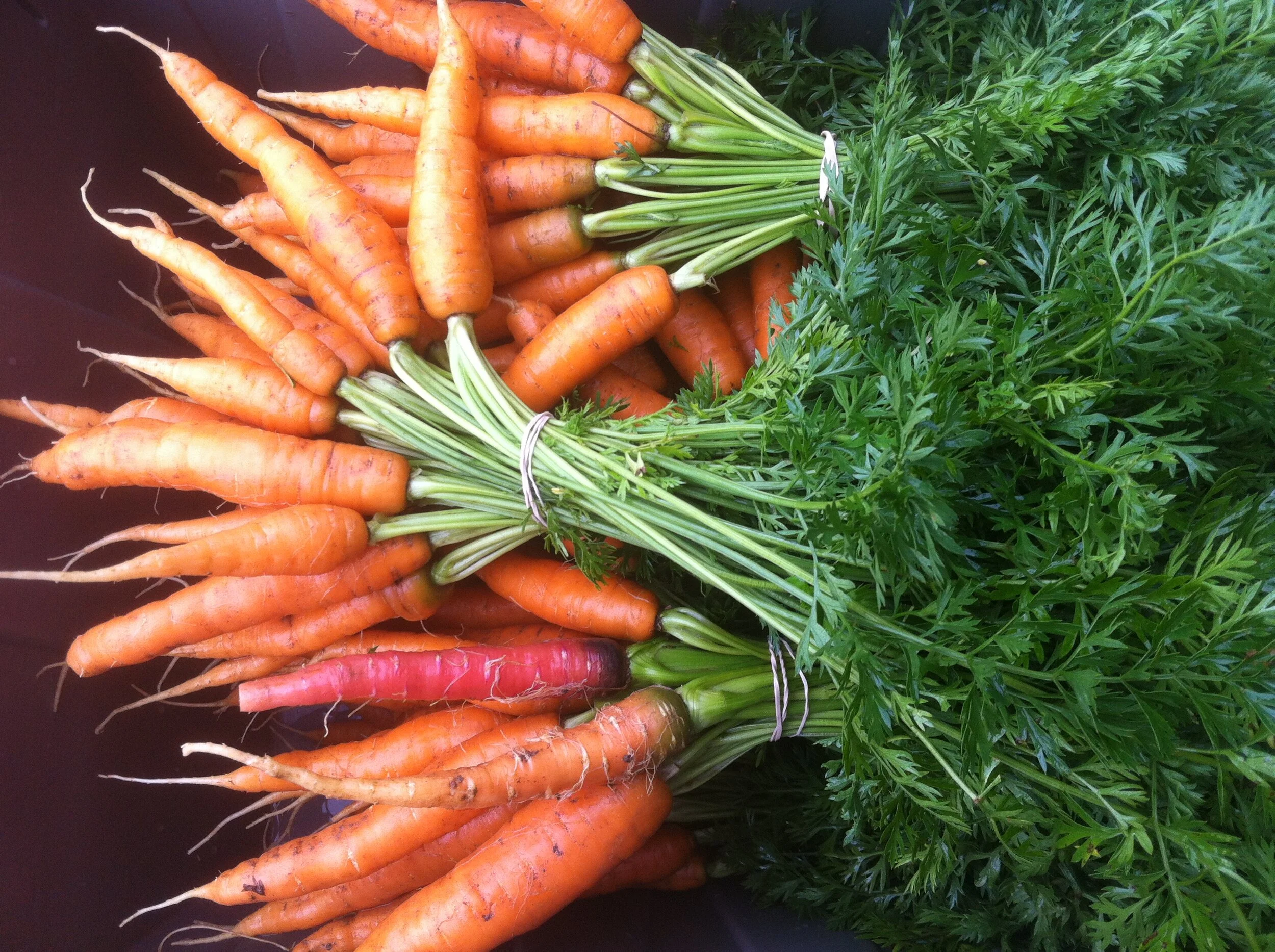Rachel Schattman’s testimony about how farmers can mitigate and plan for climate change comes just days after a federal report showed more than half of Maine is currently experiencing moderate drought conditions that may impact this year’s harvest of key crops like wild blueberries.
Washington, D.C. — A University of Maine researcher told a Congressional committee yesterday about successful efforts led by the state’s flagship to understand and support farmers to adopt sustainable practices that will make their small businesses and our nation’s food supply more resilient for the future.
Rachel E. Schattman, an assistant professor of sustainable agriculture in the School of Food and Agriculture at UMaine, testified July 19 as an expert witness at a hearing of the U.S. House Committee on Oversight and Reform Subcommittee on Environment examining the role of farmers and ranchers in solving climate change and increasing food production.
A former commercial farmer herself, Schattman conducts interdisciplinary research and provides technical assistance to help farms be more resilient in a changing climate while protecting natural resources.
She has studied farmers in the Northeast and Midwest to better understand what support they need to adopt environmentally friendly practices that protect natural resources and their bottom line. Informed by that research, last year she helped pilot a program with regional partners, including the U.S. Department of Agriculture (USDA), that paired vegetable and small fruit growers and agricultural advisors to learn climate science and develop personalized farm adaptation plans and outreach materials to share with their peers.
“Though there are many uncertainties associated with what the future holds, because of research that has already been conducted, we know enough right now to support farmers as they adapt to a changing climate, build resilience into their farms and anchor thriving U.S. agricultural industries that can provide essential rural jobs and feed our population and the world,” Schattman said in her prepared testimony.
She urged Congress to support investment in sustainable agriculture and climate research and region-specific outreach like that happening at UMaine, and to consider incentivizing the transition to proven practices that enhance soil and water quality like nutrient management and rotating cover and cash crops to mitigate farmers’ risk.
“More and more often, farmers are taking note of drought, heat and shifts in seasonal temperatures, and all of these changes are leading these communities to realize that they cannot continue to farm in the same way as their predecessors,” Schattman explained, just days after a federal report showed more than half of Maine is currently experiencing moderate drought conditions.
She highlighted recent investment by Wyman’s, the largest retailer of wild blueberries in the United States, to establish the first-of-its-kind wild blueberry research and innovation center at UMaine to investigate the impact of increasing temperatures and changing precipitation on small fruit crop performance and health.
Schattman’s written testimony is available here and the full hearing can be viewed here.
This is the second time in as many months that experts from Maine’s R1 research university have been invited to inform the work of Congress as expert hearing witnesses. In May, the university’s liaison to the forest products industry, Shane O’Neill, testified about workforce development and innovation in that sector at the invitation of the U.S. House Agriculture Committee’s Conservation and Forestry Subcommittee.
“The University of Maine is a world-class, R1 research university where faculty and students work together to create new knowledge and innovations to solve our state’s and the world’s most pressing problems — including adapting to and mitigating climate change,” said President Joan Ferrini-Mundy, who is also vice chancellor for research and innovation for the University of Maine System.
“UMaine researchers are called upon by policymakers from the State House to the U.S. Capitol and by communities and companies in between, and that is a testament to their terrific work and decades of public and private partnership and investment. We are proud that our university is such a vital public asset, and look forward to only increasing our impact on Maine and beyond in the years to come.”
Contact: Margaret Nagle, nagle@maine.edu




